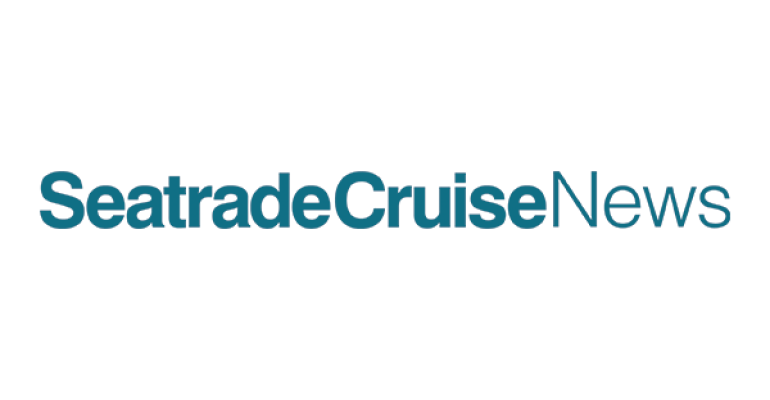Divya and Sameer Sharma described panic and pushing at their overcrowded lifeboat, which stalled once it landed in the water, and then looking up in terror at ‘this tall, gigantic building (the ship) leaning over our boat.’
They had not received any emergency instructions after embarking a few hours earlier for a cruise to celebrate their fifth wedding anniversary and were repeatedly told their sinking ship was having only an electrical problem.
‘We felt very betrayed, lied to,’ Divya Sharma said.
Costa Concordia had ‘a profound impact on our entire industry,’ Christine Duffy, president and ceo of Cruise Lines International Association, on Wednesday told the House of Representatives Coast Guard and Maritime Transportation Subcommittee.
She said that in the decade before Costa Concordia, when 153.4m people sailed, there were just 28 fatalities due to operational issues; 22 were crew and six were passengers.
‘Not a single fatality is acceptable to our industry,’ Duffy added.
US Coast Guard Vice Adm. Brian Salerno, deputy commandant for operations, described crew safety training that is ‘vigorously enforced’ by his agency and said the cruise industry in the US has ‘a good safety record. It is among the safest forms of transportation.’
Salerno added USCG has ‘good cooperation from the cruise industry on safety culture. I’m confident they’re doing what they should be doing even when we’re not watching.’
He said it may turn out from Italy’s Costa Concordia investigation—where the US is participating as an interested party—that the international regulatory regime needs to be strengthened or crew training needs to be improved.
Salerno noted USCG is interviewing all the US passengers who were on Concordia and will participate as an interested party in the Costa Allegra investigation as well, because eight Americans are on board that ship which lost power in the Indian Ocean this week following an engine room fire.
Salerno told lawmakers he views the Italian coast guard as ‘very aggressive, very professional,’ and expressed satisfaction that the cruise industry has proactively instituted mandatory emergency musters before ships leave the dock.
Brian Schoeneman, legislative director of Seafarers International Union, described the rigorous training that US-licensed mariners undergo and ventured that if the Concordia accident had happened on a US vessel, ‘the outcome would have been much different.’
But Capt. Evans Hoyt, a US-licensed master with Norwegian Cruise Line who has commanded ships in the international and US fleets, said: ‘I would stand by the crews in both.’
Some members of the House panel exhibited personal familiarity with the cruise industry. Rep. Corrine Brown, a Democrat from Florida, said she had been a travel agent, and was a CLIA member agent, before getting elected to Congress. She sends her mother on cruises.
Rep. Don Young, a Republican from Alaska, said nothing was wrong with Costa Concordia, a modern ship, and pinned the disaster on human error, adding that it’s important the entire cruise industry doesn’t get a black eye as a result.
‘Every indication is that this was incredibly poor judgment by one mariner at best and, at worst, considerably more damning,’ said Subcommittee chair Frank LoBiondo, a Republican from New Jersey.
Most members of the panel seemed to accept that the cruise industry is generally safe but probed for lessons that can be learned and actions that can be taken to prevent another ordeal like what the Sharmas went through.
CLIA’s Duffy said Costa Concordia was the catalyst for an industry-wide operational safety review, which almost immediately resulted in the new muster policy. She added that within CLIA there are some 25 standing committees that meet throughout the year to address issues.
‘This is a process of continuous improvement, all the time,’ she said.
While the industry got a fairly sympathetic hearing from the House today, perhaps because many Subcommittee members represent cruise states such as Florida and Alaska, the Senate Commerce Committee on Thursday is likely to be far more aggressive.
Chairman Jay Rockefeller, a Democrat from West Virginia, has warned that cruising’s environmental record and its corporate tax exempt status will be scrutinized along with safety.
Copyright © 2024. All rights reserved. Seatrade, a trading name of Informa Markets (UK) Limited.
Add Seatrade Cruise News to your Google News feed.  |

